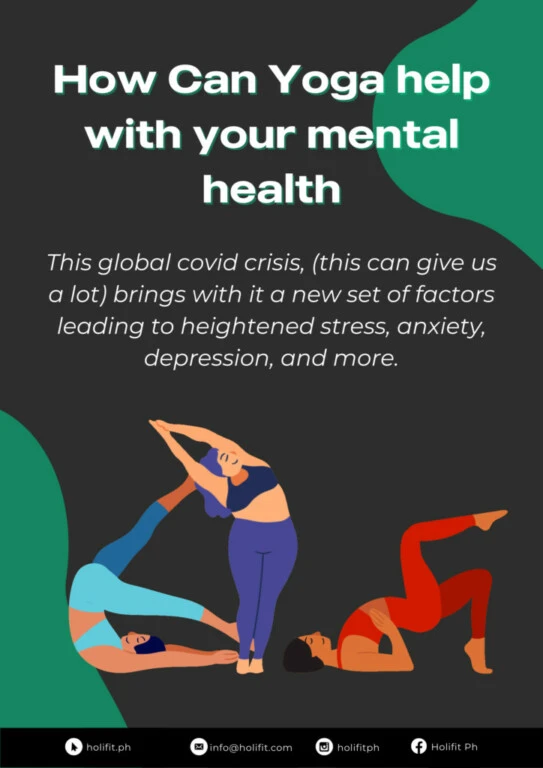Understanding How Stress Negatively Affects Our Health and Safety
Discover the detrimental effects of stress on our overall well-being and safety, as we delve into the various ways it impacts our mental and physical health.
Stress and its Adverse Effects on Health and Safety
In this article, we explore the profound influence of stress on our health and safety, shedding light on the interconnectedness between our mental and physical well-being. By understanding the detrimental consequences of stress, we can take proactive measures to mitigate its impact and foster a healthier and safer lifestyle.
Life is a whirlwind of responsibilities, deadlines, and challenges, leaving us little time to pause and take a breath. Amidst this chaotic existence, stress often becomes an unwelcome companion, gradually permeating various aspects of our lives. But what are the implications of stress? Can stress negatively affect our health and safety? In this article, we embark on an insightful journey to unravel the intricate relationship between stress and our overall well-being.
The Multifaceted Impact of Stress
Stress, like an unwieldy beast, can infiltrate our lives in numerous ways, exerting a profound influence on our health and safety. Let us explore some of the key areas where stress takes its toll:
1. Mental Health: The Battle Within
Living in a perpetual state of stress can wreak havoc on our mental health. Anxiety, depression, and insomnia often emerge as unwelcome companions, diminishing our ability to cope with everyday challenges. The constant bombardment of stress hormones can leave us feeling overwhelmed and emotionally drained, significantly impairing our psychological well-being.
2. Physical Health: The Silent Strain
Stress not only affects our minds but also manifests in tangible physical symptoms. The relentless pressure can lead to increased heart rate, high blood pressure, and even weakened immune systems. Chronic stress is like an invisible attacker, chipping away at our physical vitality, making us more susceptible to illnesses and diseases.
3. Work Performance: Cracks in the Foundation
The workplace, often a breeding ground for stress, becomes a battleground for our health and safety. Mounting workloads, tight deadlines, and interpersonal conflicts can create a pressure cooker environment. When stress seeps into our professional lives, it impairs concentration, decision-making abilities, and overall productivity. The negative impact on work performance can fuel a vicious cycle, further exacerbating our stress levels.
4. Relationships: Fractures in the Bond
Stress has a way of seeping into our relationships, leaving behind cracks and fractures. Constant stress can strain personal connections, leading to heightened conflicts, communication breakdowns, and diminished emotional intimacy. The toll it takes on our relationships further compounds our overall stress levels, perpetuating a harmful cycle.
5. Safety: A Precarious Balance
When stress takes the reins, our safety can be compromised. High-stress levels impair our judgment and reaction times, making us more prone to accidents and injuries. Whether at home or on the road, stress can cloud our awareness, diverting our attention from potential hazards and compromising our overall well-being.
In the relentless pursuit of a fulfilling life, stress often emerges as a formidable adversary. Its impact on our health and safety should not be underestimated. Chronic stress can chip away at our mental and physical well-being, seep into our relationships, and compromise our overall safety. Recognizing the far-reaching consequences of stress empowers us to take proactive steps towards cultivating a healthier and safer lifestyle. By embracing stress management techniques, seeking support, and prioritizing self-care, we can protect our well-being and safety from the clutches of stress.
Remember, a harmonious existence is within our reach, where stress plays a lesser role and our health and safety take center stage.
If you’re interested in more and you’d like to set a meeting with us you Contact us at info@holifit.com.ph and discover how HoliFit can help your business reach its goals. You can also check out our Facebook page, Instagram, LinkedIn, and Youtube Channel for more information about our services.
Don’t miss out on this opportunity. To find out how HoliFit can help your business reach its goals through Webinars – contact us today!



